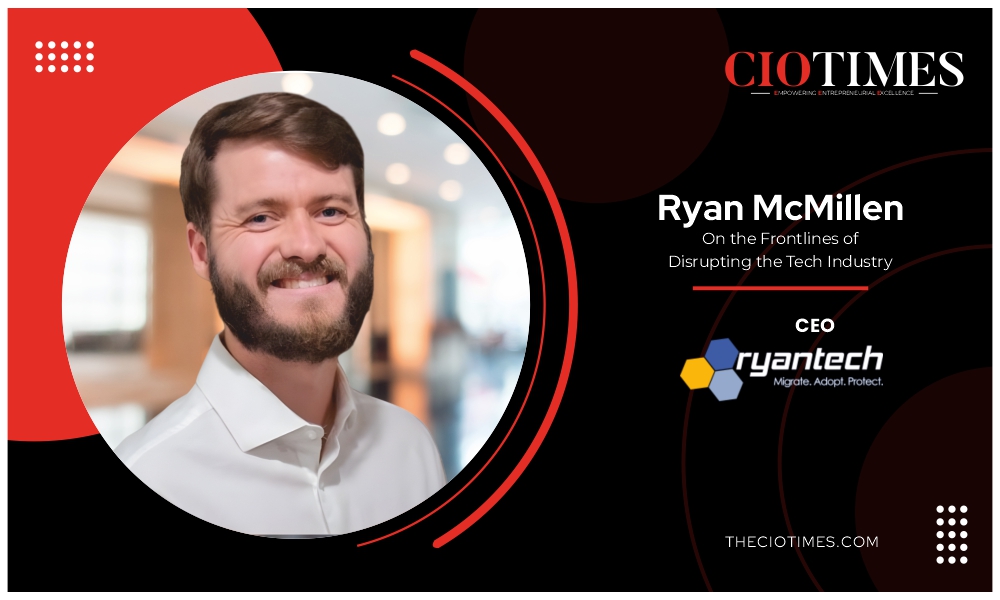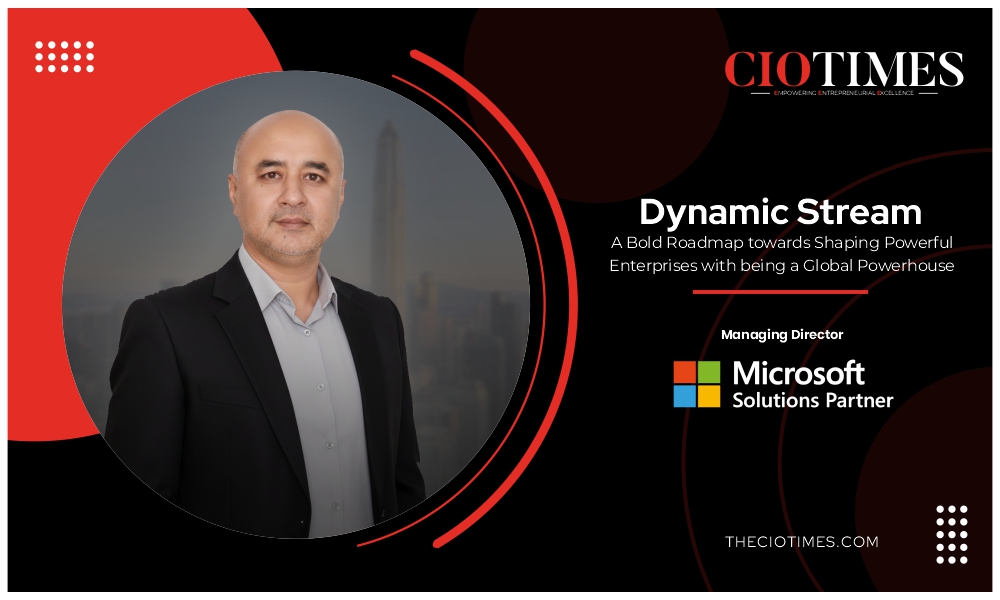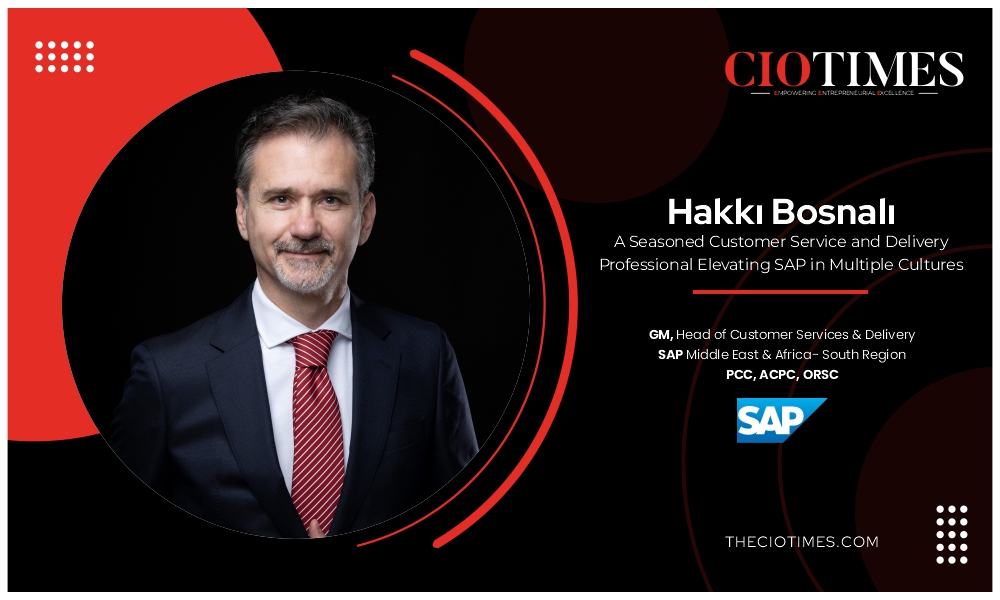The recent pandemic might have scared every living soul across the globe. However, it also brought to light the need to work together as citizens of the planet rather than be confined to countries. It showed how imperative it is to share knowledge, technology, and resources to build a healthy world.
As global healthcare gets more intricate and integral in several sectors, it needs the guidance of Globally experienced leaders like Dr Maliha Hashmi. A sought-after globally renowned healthcare and legal consultant and senior executive advisor, Dr. Hashmi is highly capable of providing hands-on leadership and guidance, negotiation, and insightful perspectives and recommendations during strategic planning, research and design, policy development, and implementation of several organizations. Dr Maliha Hashmi is an extremely knowledgeable and passionate globally renowned healthcare futurist, advocate and change agent. She is extremely accomplished, well regarded and networked globally, with an interest to bringing positive social impact in the healthcare space.
Recently recognized as one of the Top Seven Most Talented Female Health Leaders of the MENA region, Dr Hashmi is also listed as one of the top 20 women in the Nation in the United States of America for top achievements making it into the Who’s Who in America List.
Keynote speaker and leading authority in the health, wellbeing, and biotech industry, Dr. Hashmi is well-known as one of the dedicated and esteemed leaders in the region who is committed to bringing positive change, wellness and growth.
Her achievements leave no doubt in our minds as we feature her as one of the Top 5 Iconic Women Leaders in Business World In 2023
In conversation with Dr. Maliha Hashmi:
CIO Times: Give a brief overview of your professional journey. What made you choose your current industry?
Dr. Maliha Hashmi: My professional journey has been an exhilarating exploration of the future of global health and wellbeing. Driven by a fascination with the intersection of human wellness and innovative possibilities, I chose the global health industry as my canvas to paint a vision of a world where wellbeing is seamlessly integrated into every facet of life. My passion & drive has been, is and continues to be to positively impact and improve lives and to play a big role/part in helping people to live happier, healthier, self-empowered, fuller lives with a tool that not only helps people but unites them too.
As a healthcare executive, I think it’s very important to create a healthcare-related diplomacy where the world can be united by helping each other through healthcare as well. Also, I believe, Healthcare brings together all aspects, all fields (tech, legal, pharm, engineering, etc) and all stake holders together for a worthy cause – to help improve the quality of life. In my eyes, Healthcare is also universal and has no borders or boundaries across age religion ethnicity, it in essence can be the common denominator that unites the world together. My professional journey has been an incredible adventure, and I am grateful for the opportunity to work in an industry that is so deeply meaningful to me. I am passionate about using my skills and knowledge in health, law, business, and medicine to make a positive impact on the world, and I believe that the global health industry is the perfect place to do that.
CIO TIMES: Describe your working style in a few words?
Dr. Maliha Hashmi: My working style is a fusion of visionary futurism and practical collaboration. I envision a future where the boundaries between medical disciplines blur, and I collaborate with experts from diverse fields to create a comprehensive tapestry of holistic health solutions. Being a visionary for healthcare in particular is very important –to think big, really big. You have to be a dreamer and a doer to make that moon shot happen. In short, my working style is collaborative, visionary, and adaptable. I thrive on bringing diverse minds together to envision a healthier and more compassionate future.
CIO TIMES: Brief us about your current role. What unique or fresh ideas have you introduced in your capacity?
Dr. Maliha Hashmi: In my current role as a Senior Executive Advisor for government, private, and public entities, I act as a bridge builder, connecting the dots between different sectors of the healthcare system including but not limited to redesigning health systems, global collaborations, partnerships, investments, transformation, digitalization, streamlining processes, education, research and innovation. I am passionate about breaking down silos and fostering interdisciplinary collaboration. I have introduced platforms that facilitate real-time information sharing among medical professionals, researchers, and even AI systems, leading to faster diagnostics and more personalized treatment plans. In some of the world’s biggest giga projects, I have designed health systems and hospitals that are more seamless “smart hospitals” and “wellness sanctuaries” with a look feel and smell that is different from what is perceived as the typical “hospital” for many.
I am also a catalyst for change in the global health landscape. I champion holistic approaches to wellbeing, emphasize the importance of mental health, and integrate love and empathy into healthcare practices.
CIO TIMES: What is the biggest challenge you have faced in your career? How did you overcome it and what did you learn from it?
Dr. Maliha Hashmi: Personally, I believe challenges are really “opportunities and learnings”. The most significant “opportunity” I have encountered in my career has been dismantling the entrenched silos within the healthcare industry. This required not only advocating for a more interconnected approach, but also developing sophisticated AI-driven tools that could analyze and synthesize data from various sources, enabling a more holistic understanding of patients’ health.
Another major “opportunity” I have had has been advocating for a paradigm shift towards holistic wellbeing in a traditionally structured industry. This required unwavering determination, building strong alliances, and showcasing the tangible benefits of a more compassionate approach. I have learned that persistence and collaboration can drive transformative change.
Finally, navigating my role as a young female senior executive leader has presented a unique “opportunity” within our societal norms. They have provided me with a valuable platform to demonstrate my skills and capabilities, fostering personal and professional growth along the way.
CIO TIMES: The healthcare industry was under tremendous pressure and scrutiny due to the recent pandemic. How has it changed the industry in your view?
Dr. Maliha Hashmi: The recent pandemic accelerated and enabled digital transformation in the healthcare industry. It highlighted the need for advanced technologies like telemedicine, wearable health trackers, and predictive analytics. These changes shifted the focus towards proactive and remote healthcare, fundamentally altering the landscape of the industry.
The pandemic also forced the healthcare industry to prioritize resilience, telemedicine, and rapid response strategies. Furthermore, Wellness has emerged as a key talking point during and after the pandemic. Millions worldwide have experienced challenges resulting in an adverse impact on their overall wellbeing. It also highlighted the need to address mental health on a global scale, leading to a more comprehensive view of healthcare.
CIO TIMES: How can people, in their individual capacity, help themselves against the rising healthcare cost? Would you like to share few suggestions?
Dr. Maliha Hashmi: There is a need for an immediate focus shift to proactive preventative care rather than reactive care. There needs to be a paradigm shift in individuals and systems where the focus becomes on “health-caring systems” and not sick caring system. Healthcare systems need to focus on home care, and give individuals the tools they need to take control over their own health and well-being. Now more than ever before there is a need to create greater access to healthier food and to pave way for the public for healthier living. Hence, It is very important to educate populations on how to eat healthy and maintain an active lifestyle. Doing this would also support individual empowerment and proactive prevention.
To combat rising healthcare costs, individuals can empower themselves by embracing preventive and personalized health measures, such as eating healthy, exercising and practicing self-care. Individuals can also leverage wearable health technology to monitor their health proactively, adopting AI-powered tools for early disease detection, and actively participating in telehealth consultations for regular check-ups. Individuals can take control of their health costs by focusing on preventive measures, adopting healthy lifestyles, and staying informed about available healthcare options. Investing in mental and emotional wellbeing can also lead to long-term cost savings.
CIO TIMES: What, according to you are the current challenges hindering the progress of your industry and their potential solutions?
Dr. Maliha Hashmi: The healthcare industry’s progress is hindered by resistance to change—however this is improving more now than in the past, fragmented data systems, and slow integration of AI-driven solutions. Solutions involve fostering a culture of innovation within healthcare institutions, incentivizing data-sharing among providers, and investing in AI infrastructure to enhance diagnostics and treatment.
Another area of growth and change includes tackling healthcare accessibility disparities and the resistance to embracing technological advancements. With more and more technological advances, there will be an essential need to pay attention to how the workforce will be transformed in the process. There will be a need for ensuring that there will be balanced inclusion of both genders and to reduce the discrepancy of knowledge between technology and humans. Consequently, there is a global need for more training for all health staff on the technological advancements that are rapidly occurring. Solutions involve targeted policies to bridge gaps, investments in digital health infrastructure, digital training and proactive public education.
CIO TIMES: What are some of the positive changes you wish to see in the industry in the coming years?
Dr. Maliha Hashmi: I envision a future where healthcare transcends physical borders and seamlessly integrates technology and compassion. I am a big believer in humanizing technology and using it to promote a healthier happier living for all. A world where AI-powered virtual health assistants provide personalized, real-time guidance, and where multidisciplinary collaboration is the norm, resulting in more accurate diagnoses and effective treatments. I also aspire to see a future where healthcare is universally accessible, preventive measures are mainstream, and love and empathy are integral components of every medical interaction.
CIO TIMES: What would you like to advise the budding entrepreneurs through our magazine?
Dr. Maliha Hashmi: To budding entrepreneurs, I offer this advice: Be audaciously imaginative in envisioning the future of healthcare. Embrace AI, telehealth, and interconnected systems to revolutionize medical practices and further humanize technology. Infuse your endeavors with empathy and love, understanding that at the core of every technological advance should be the wellbeing of humanity. To budding entrepreneurs, I advise embracing empathy-driven innovation, staying resilient in the face of challenges, and nurturing a deep sense of purpose. Your passion can be a catalyst for positive change.
CIO TIMES: What is that one quote you absolutely live by or find helpful?
Dr. Maliha Hashmi: As the great poet Rumi said, “Wherever you are, whatever you do, be in love.” Do everything with passion, drive, and excellence. The biggest barriers people face are often internal, not external. We need to unleash our potential by overcoming the barriers within us and loving with full potential—work, people, relationships, and more.
In the end, only kindness matters. Compassion and empathy should be at the core of everything we do, especially in the realm of global health and wellbeing futurism. This is my drive to imagine and create a future where healthcare knows no bounds, where wellness is accessible to all, and where the beauty of compassionate innovation thrives.
Quote: “No health system is perfect. Nations can strive to learn from one another and build better healthcare systems not just for patients and their families, but also for the physicians, the nurses, pharmacists, providers and payers.”




